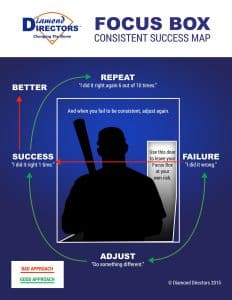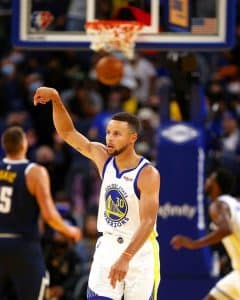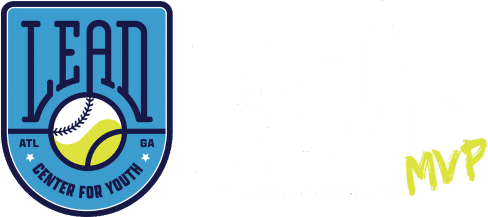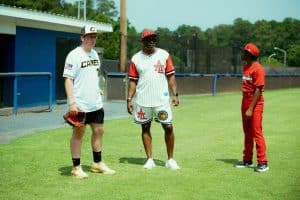 I am a strong believer in teaching people how to think so they can teach themselves how to hit.
I am a strong believer in teaching people how to think so they can teach themselves how to hit.
That was the case in my coaching relationship with New York Mets’ slugger Peter Alonso. He and I worked together during his junior and senior year of high school. He was and still is very knowledgeable about hitting.
My job was to help him to be knowledgeable about what to do next when he was not having success. My Focus Box falls under the tactical part of development.
Tactical skills deal with the mental side of things and the technical skills are the physical things.
Did you know that we are conscious of only about 5% of our cognitive activity, so most of our decisions, actions, emotions and behavior depends on the 95% of brain activity that goes beyond our conscious awareness?
This is important because based on my experience:
- 25% of what you do is based on what you know.
- 20% of what you do is based on what you don’t know.
- 55% of what you do is based on what you don’t know that you don’t know.
Hitters find a coach for the 20%. My hitters come to me for 55%.
Baseball players spend countless hours developing the technical parts of hitting only to never reach their full potential because their tactical cup is extremely low at best and completely empty at worst.
Here are the seven technical things that I teach my hitters:
- Stance/Load
- Timing
- Tempo
- Tracking
- Approach
- Contact
- Extension/Finish
Here are the five tactical things my hitters must learn in order to go from having talent to skills that pay the bills:
- Attitude
- Awareness
- Adjustments
- Aptitude
- Athleticism
Having good timing is a technical skill that hitters need. Having the ability to be on time with the bases loaded with two outs and your team down by three runs requires either luck or tactical skills.
 The alchemy of an athlete is as important as the transformation of a tree becoming a bat. And a lot of contact with the bat can allow an athlete to have a lot of impact.
The alchemy of an athlete is as important as the transformation of a tree becoming a bat. And a lot of contact with the bat can allow an athlete to have a lot of impact.
- Deion Sanders building a nationally ranked football team at the University of Colorado with 86 new players is more tactical than technical.
- CoCo Gauff winning the US Open at age 19 is more tactical than technical.
- Steph Curry shooting jumping shots from the NBA logo and turning his back to head to set up to play defense before the ball swishes the net is more tactical than technical.
- Shohei Ohtani dominating in the MLB as a starting pitcher and a top of the order hitter is more tactical than technical.
Don’t get it twisted: Tactical training can and should start early in age. It requires commitment and discipline.
Whether it is on the playing field or off of it, you will either buy a ticket or be the ticket. You decide.
He who owns the definition owns the movement.
Adjustments – the ability to do something different that will lead to success
Alchemy – transformation
Aptitude – the ability to learn and apply
Attitude – how you act
Athleticism – being able to achieve success when you don’t know how to technically do it
Awareness – how you interpret
Commitment – a promise made starting with yourself and for yourself.
Discipline – doing things that need to be done especially when you do not want to do it
Habits – things that you do well repeatedly without thought
Impact – to have a strong effect or influence on a situation or person
Knowledge – information plus experience
Skills – things that you do well repeatedly without thought while under stress.
Talent – what you do well.
- What should be taught first to develop elite baseball players, technical or tactical skills?
- What should be taught first to successful people in non-athletic careers, technical or tactical skills?
- What are examples of tactical skills that elite players should possess?
- What tactical skills did you lack as an athlete that if you had it, you would have become elite?
For more information, visit L.E.A.D. Center for Youth today. Also, check out our Digital Magazine.
C.J. Stewart has built a reputation as one of the leading professional hitting instructors in the country. He is a former professional baseball player in the Chicago Cubs organization and has also served as an associate scout for the Cincinnati Reds. As founder and CEO of Diamond Directors Player Development, C.J. has more than 22 years of player development experience and has built an impressive list of clients, including some of the top young prospects in baseball today. If your desire is to change your game for the better, C.J. Stewart has a proven system of development and a track record of success that can work for you.



